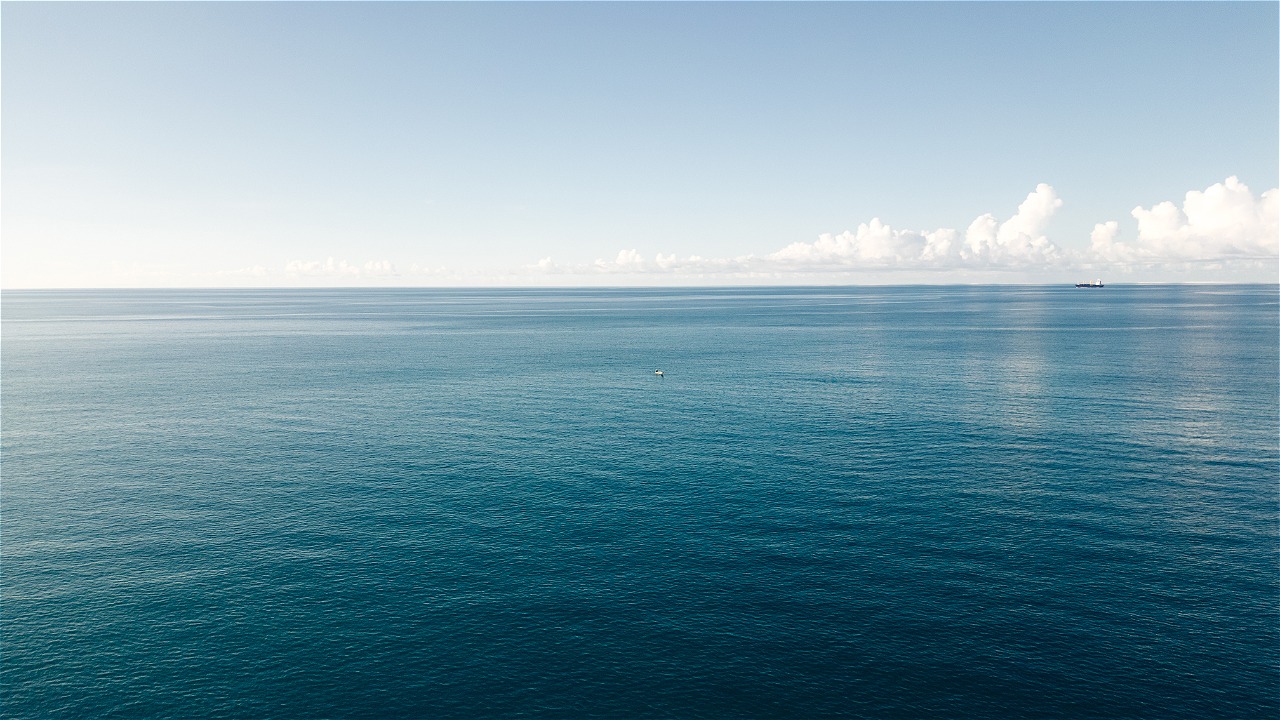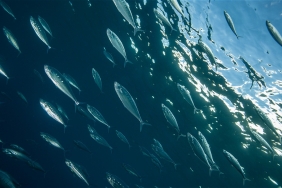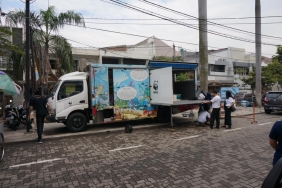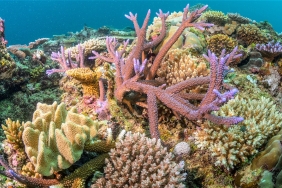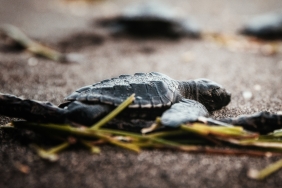JAGAWANA: SUKAMADE LIFEGUARD HERO
By: Natya An Nuur Bestari (Marine Buddies Surabaya Community)
Feeling that it is not enough to only know Indonesia from writing, the Marine Buddies (Marbud) Surabaya community held its first open trip to Meru Betiri National Park, Banyuwangi, on December 2-4, 2016.
For me, many new things were taken from this trip, such as meeting those who devote themselves to preserving nature in Meru Betiri National Park. Jagawana, as they are called, are individuals who take action so that the ecosystem is well maintained. Jagawana is a great person who transmits enthusiasm so that visitors who come continue to preserve this nature.
One of the jagawana who has long served in Meru Betiri National Park is Pak Junaedi, or known as Pak Jun. This son of the Sukamade village area is an alumni of Social and Political Science students, University of Jember. Before deciding to become a jagawana, he had worked in a company in Madura. Even from his story, in his previous workplace he had a salary that was more than his current profession. However, the call of his heart to serve his home region and the desire to preserve the environment, Mr. Jun decided to serve as a Jagawana. Mr. Jun also said that the job as a jagawana is very enjoyable even though he has to work in a remote area, no signal and far from the urban environment.
Egg Guard at Sukamade Beach
There are many things that Mr. Jun does to preserve sea turtles in Meru Betiri National Park. For example, the rangers never forget to remind visitors not to use any light when observing turtles laying eggs at night. Only one light source is allowed to be held by the rangers. This is because sea turtles are very sensitive to light. If exposed to direct light, turtles may fail to lay eggs and leave the beach. Even if the turtles are stressed they can lay eggs in the water which results in all the eggs dying. In addition, visitors are also only allowed to observe one turtle at a time and for no longer than 4 hours. Thanks to the strict guarding of the rangers, there is now no poaching of turtles or turtle eggs on Sukamade Beach. Threats can come from predatory animals, such as sea eagles, wild boars or monitor lizards, or from humans who sell turtle eggs freely.
Based on the information from Ms. Dwi Suprapti, Marine Species Coordinator of WWF-Indonesia, to reduce the level of sea turtle poaching is very difficult. For example, the story in Papua requires turtle rescuers to conduct campaigns with a closed approach to the community. Because if the socialization is done openly, it will have an impact on the strong rejection of the community.
Turtles as ancient animals that are still alive today have an important role for the sustainability of marine life. High pressure from human activities has reduced many sea turtle populations to alarming levels. In addition, their long life cycle makes turtle conservation measures indispensable.
Once again this self says do not waste the struggle of those who have devoted themselves to preserving nature. I, you, we are all responsible for the environment and the future of nature. Money is not everything without nature. Start from yourself to protect this nature and then spread the goodness to those around us.

